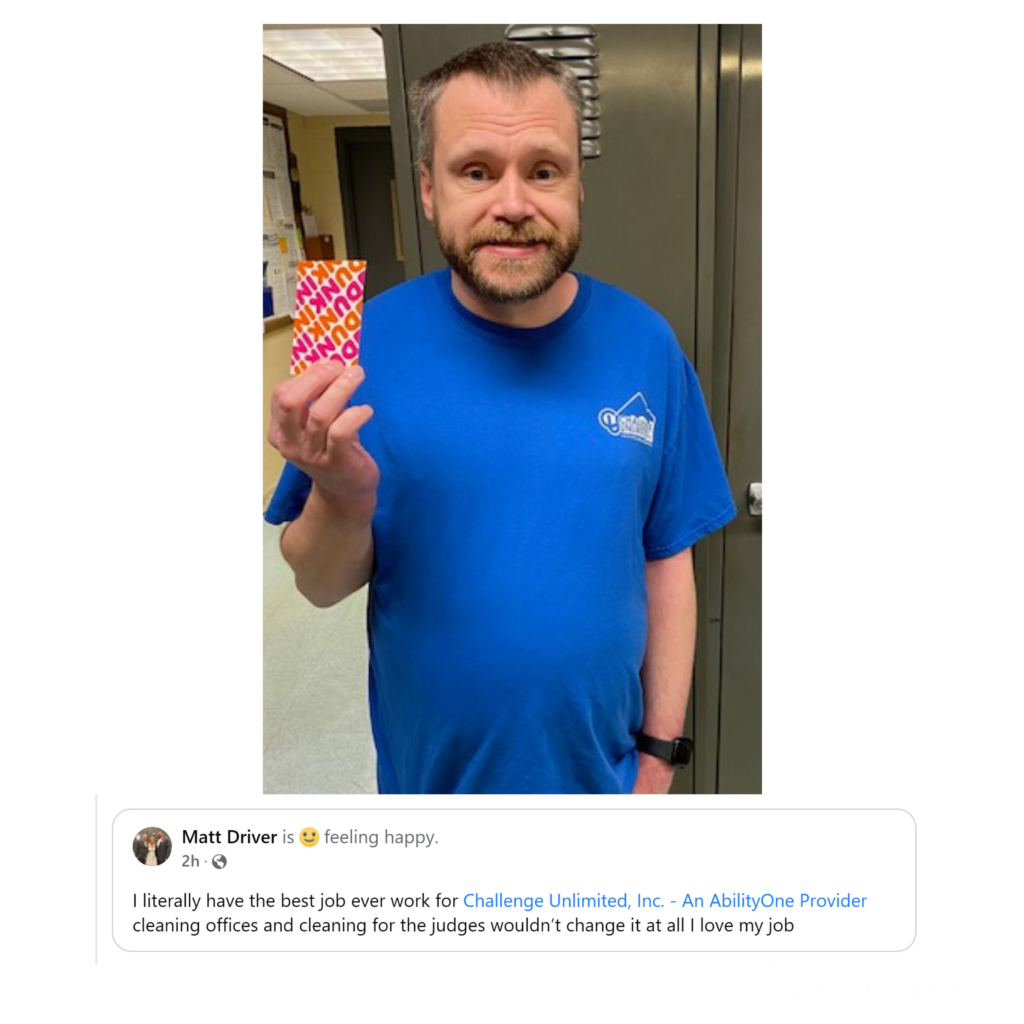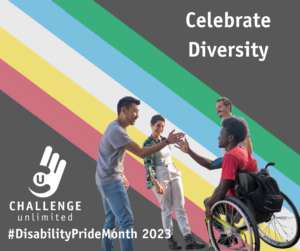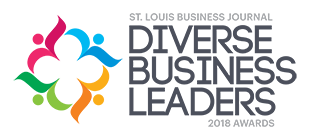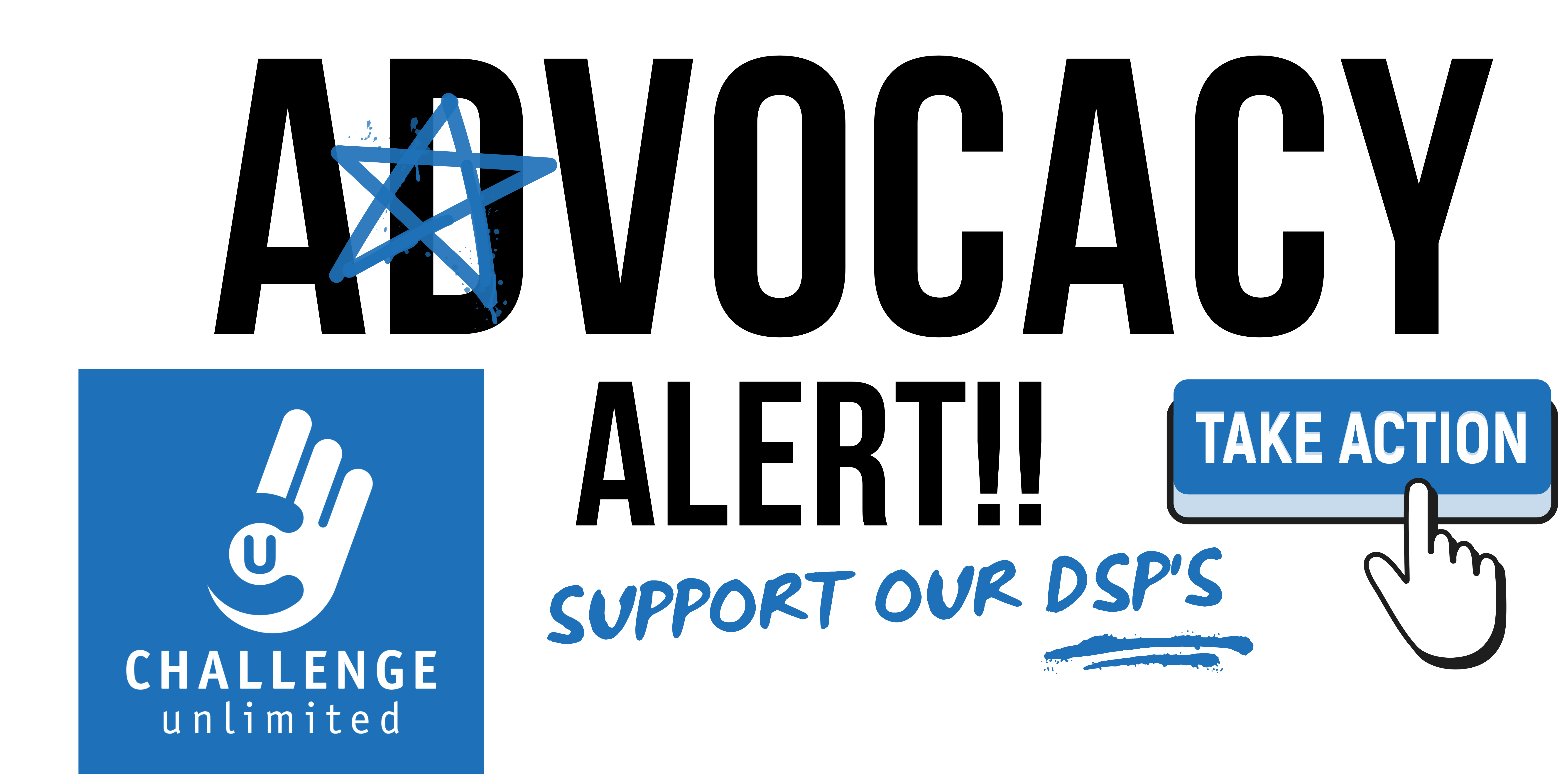 As the CEO of Challenge Unlimited, I see firsthand the challenges faced by the disabled community in Illinois.
As the CEO of Challenge Unlimited, I see firsthand the challenges faced by the disabled community in Illinois.
My message to the Illinois General Assembly is simple: “Let’s do better.”
Let’s do better for the estimated 300,000 Illinoisans with intellectual and developmental disabilities (IDD) and their families. The State has responded based on the advocacy work of our providers to support a year after year after year dollar-an-hour increase for Direct Support Professionals (DSPs) who provide community-based support — helping people with IDD with daily tasks like getting ready for work, eating meals, take medication, and have a good quality of life.
Yet, Illinois lags behind, ranking 46th among states and the District of Columbia in funding for community-based services. This isn’t just disappointing; it’s unsustainable. Can’t we aspire to at least reach the national average? Don’t Illinoisans deserve that?
I applaud the state for raising the minimum wage; however, commensurate wages have not been provided to DSPs who are supporting people with IDD to be active community members across all Medicaid waiver programs. These professionals support individuals with IDD and their roles demand, knowledge, skill, and compassion, which are invaluable to the families they serve.
While I commend the state and acknowledge strides in raising the minimum wage, it’s crucial that wage adjustments for DSPs are aligned accordingly and commensurate wages have not been provided to DSPs who are supporting people with IDD to be active community members across all Medicaid waiver programs.
These jobs require a level of knowledge, experience, skill, professionalism, and compassion that is valuable to the families of the individuals we care for. 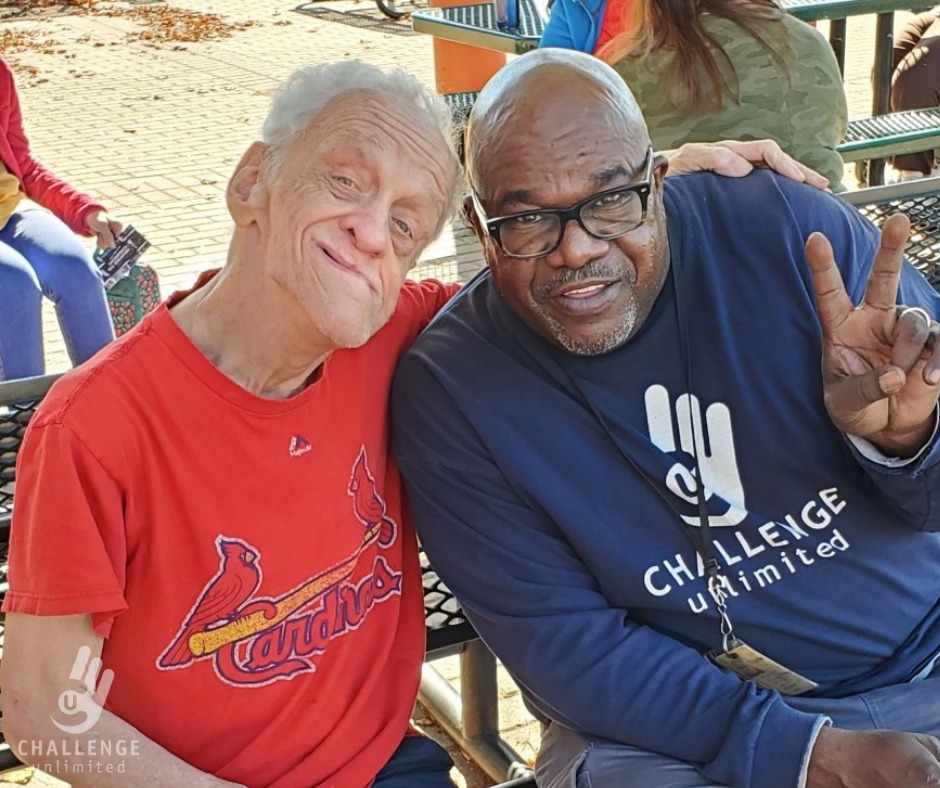
Without action this spring, DSP wages will have only risen 37 cents more than minimum wage over the last five years. This is insufficient given their responsibilities and the professional skills they bring to their roles. Let’s not wait any longer.
The seven state institutions are well-funded, but the trend and preference clearly lean towards community-based living. This country has made tremendous strides in deinstitutionalizing individuals living with disabilities by integrating them into neighboring communities. It is time for Illinois to continue to lead by example, advocating for modernization and improved funding for community services that support our most vulnerable populations. This will take the ongoing support and investment from the State of IL into a fragile community system and prevent any further deterioration.
Advocates — please call your legislators today. Tell them what you’re going through. And urge them to do better.

 In a world that thrives on diversity and inclusivity, creating opportunities for individuals with disabilities is not just a moral imperative, but also a strategic advantage for any society. The AbilityOne Program stands as a shining example of how public-private partnerships can drive empowerment, independence, and inclusion for people with disabilities while delivering high-quality products and services to the federal government.
In a world that thrives on diversity and inclusivity, creating opportunities for individuals with disabilities is not just a moral imperative, but also a strategic advantage for any society. The AbilityOne Program stands as a shining example of how public-private partnerships can drive empowerment, independence, and inclusion for people with disabilities while delivering high-quality products and services to the federal government.